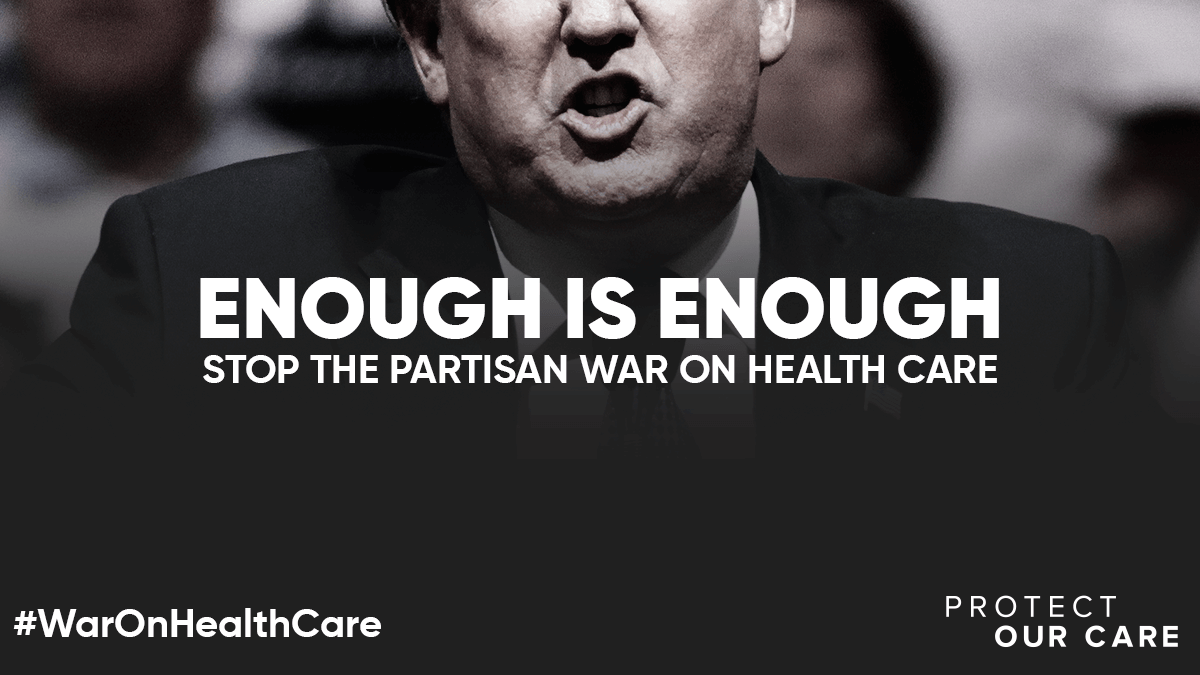Momentum Builds Against Lifetime Limits on Medicaid Coverage

As critics speak out against the Trump Administration’s consideration of lifetime limits for people covered…
ashoupFebruary 9, 2018



